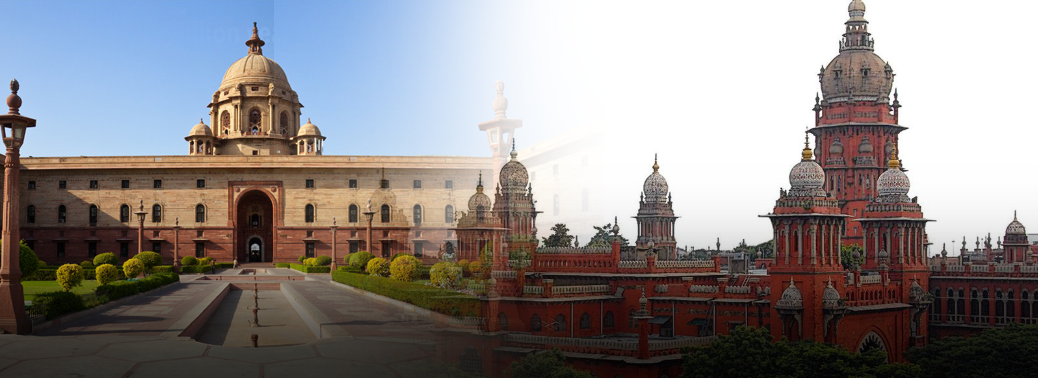POWER OF PRESIDENT TO GRANT PARDONS
25, Jul 2019

Prelims level : Polity & Governance- Indian Constitution; Judiciary
Mains level : GS-II- Structure, organization and functioning of the Executive and the Judiciary, Ministries and Departments of the Government; pressure groups and formal/informal associations and their role in the Polity.
Context: Madras High Court held that the President, while granting clemency to death convicts, can impose a condition that they should be imprisoned till their death, without being accorded the benefit of remission for any reason.
About Pardoning Power of President Under Indian Constitution:
- Article 72 of the constitution empowers the President to grand pardons to persons who have been tried and convicted of any offence in all cases where the.
- 1. Punishment or sentence is for an offence against a union Law
- 2. Punishment or sentence is by a court martial (Military Court)and
- 3. Sentence is a sentence of death.
- The Pardoning power of President is independent of the Judiciary; It is an executive power, but the President while exercising this power does not sit as a court of appeal.
- The object of conferring this power on the President is two – fold;
- 1. To keep the door, open for correcting any judicial errors in the operation of law: and
- 2. To afford relief from a sentence, which the President regards as unduly harsh.
The Pardoning Power of The President Includes the Following:
- Pardon: It removes both the sentence and the conviction and completely absolves the convict from all sentences, punishments and disqualifications.
- Commutation: It denotes the substitution of one form of punishment for a lighter form. For Example, a death sentence may be commuted to rigorous imprisonment, which in turn may be commuted to a simple imprisonment.
- Remission: It implies reducing the period of sentence without changing its character. For Example, a sentence of rigorous imprisonment for two years may be remitted to rigorous imprisonment for one year.
- Respite: It denotes awarding a lesser sentence in place of one originally awarded due to some special fact, such as the physical disability of a convict or the pregnancy of a woman offender.
- Reprieve: It Implies a stay of the execution of a sentence (Especially that of death) for a temporary period. Its purpose is to enable the convict to have time to seek pardon or communication from the President.
The Supreme court examined the pardoning power of the President under different cases and laid down the following principles:
- The Petitioner for mercy has no right to an oral hearing by the President.
- The President can examine the evidence afresh and take a view different from the view taken by the court.
- The power is to be exercised by the President on the advice of the Union Cabinet.
- The President is not bound to give reasons for his order.
- The President can afford relief not only from a sentence that he regards as unduly harsh but also from an evident mistake.
- There is no need for the Supreme Court to lay down specific guidelines for the exercise of power by the President.
- The Exercise of power by the President is not subject to judicial review except where the Presidential decision is arbitrary, irrational, mala fide or discriminatory.
- Where the earlier petition for mercy has been rejected by the President, stay cannot be obtained by filling another petition.






